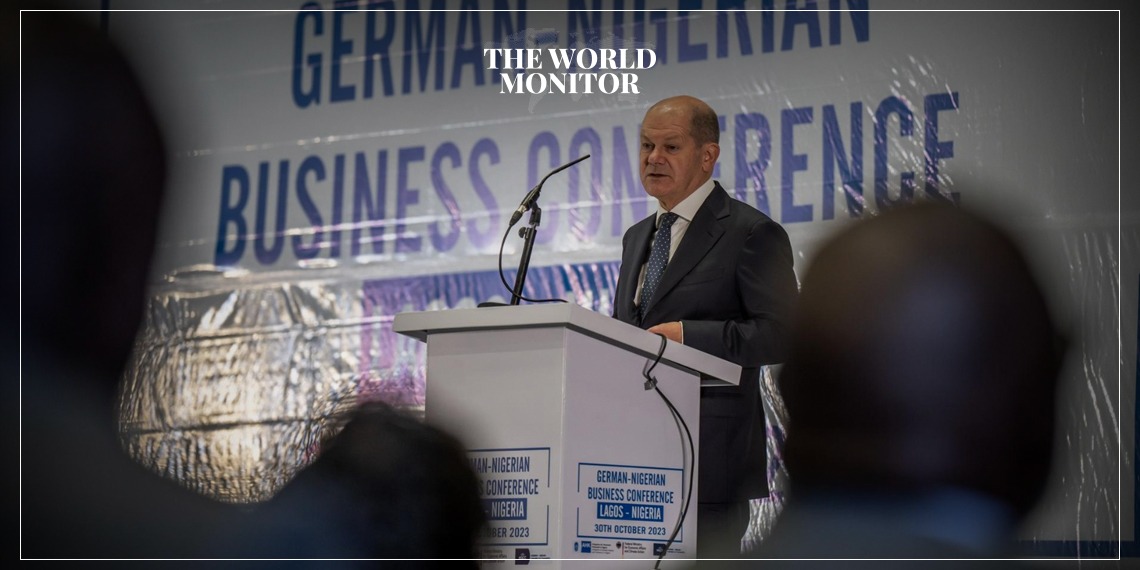Germany is set to host the G20 Investment Summit, “Compact with Africa,” in Berlin on Monday. The summit aims to explore opportunities to enhance private investment in Africa and cooperation in sustainable energy forms.
Initiated by Germany during its G20 presidency in 2017, the summit will include participants from Egypt, Ethiopia, Germany, Burkina Faso, the Democratic Republic of the Congo, Ghana, Guinea, Côte d’Ivoire, Morocco, Rwanda, Senegal, Togo, and Tunisia. Additional African countries have expressed interest in joining.
The summit will also be attended by European Commission President Ursula von der Leyen, European Council President Charles Michel, French President Emmanuel Macron, and Dutch Prime Minister Mark Rutte. German Chancellor Olaf Scholz, as the summit’s host, will conduct bilateral discussions with leaders on the sidelines, according to sources in the German government.
German Development Minister Svenja Schulze highlighted that the G20 partnership summit with Africa, to be held in Berlin, focuses on creating sustainable job opportunities. She stated to the German station “Deutschlandfunk” that they are now discussing the quality of jobs more robustly. “We agree that these jobs must be sustainable and contribute to climate protection,” she said.
Schulze emphasized an equal partnership, noting, “We want lithium and cobalt from African countries for renewable energy, for example, but we want to do so in a way that ensures sustainable jobs free from child labor and environmental destruction.”
Heiko Schwierowski, an Africa expert at the German Chamber of Industry and Commerce, noted increasing interest in the pact with Africa, affirming that the investment summit with 800 delegates is the largest ever held on German soil.
According to German government officials, Africa can play a key role in helping their country better diversify supply chains, secure skilled labor, reduce illegal migration, and achieve a green transition.
German companies have long expressed concerns about making substantial investments in Africa, citing issues ranging from bureaucratic hurdles and corruption to security concerns.






